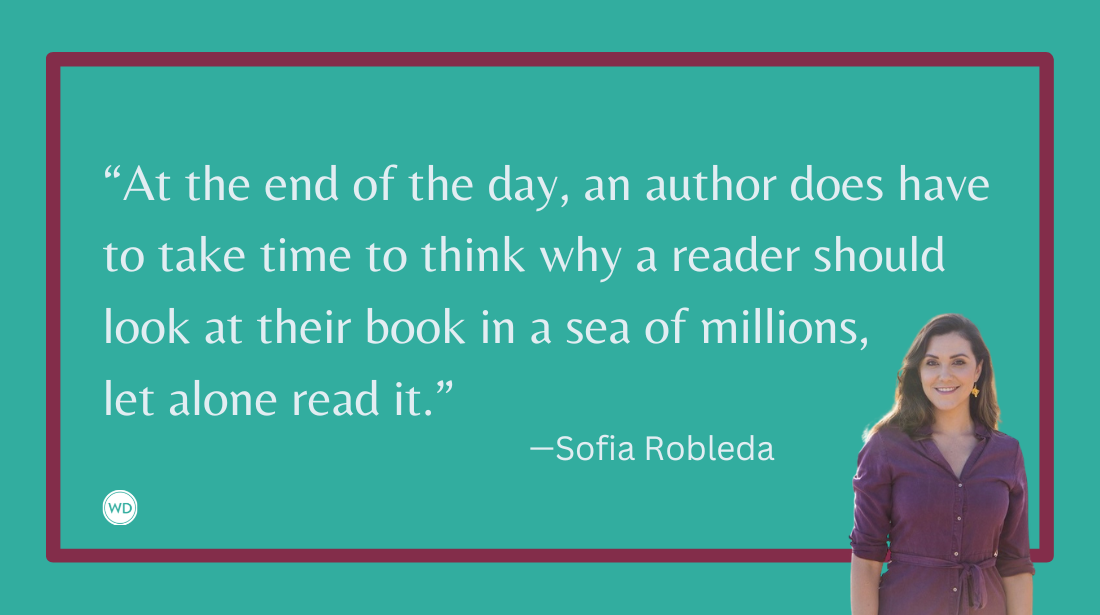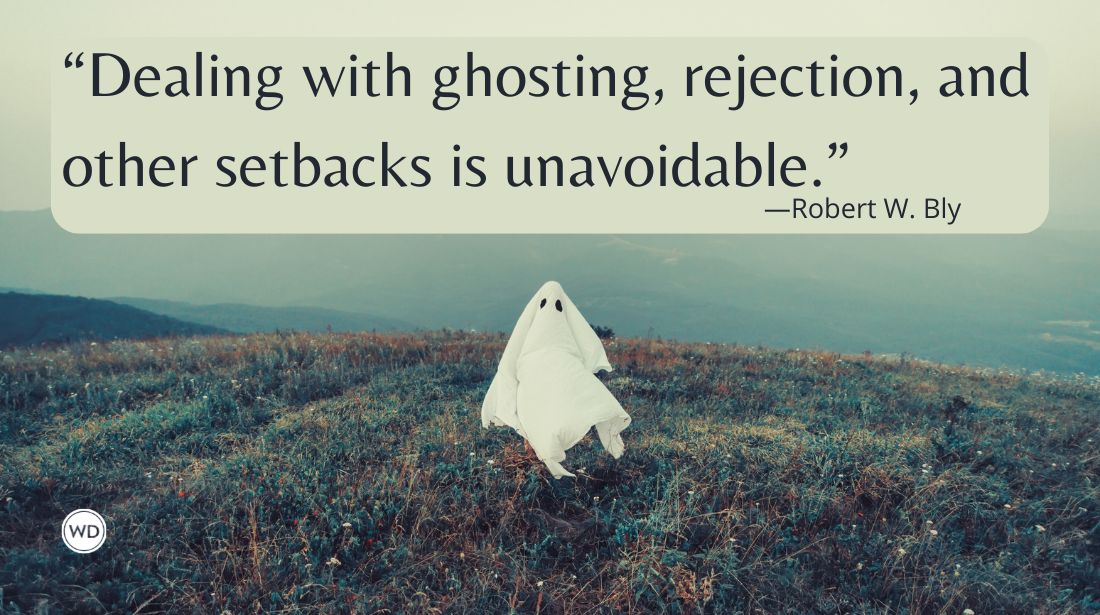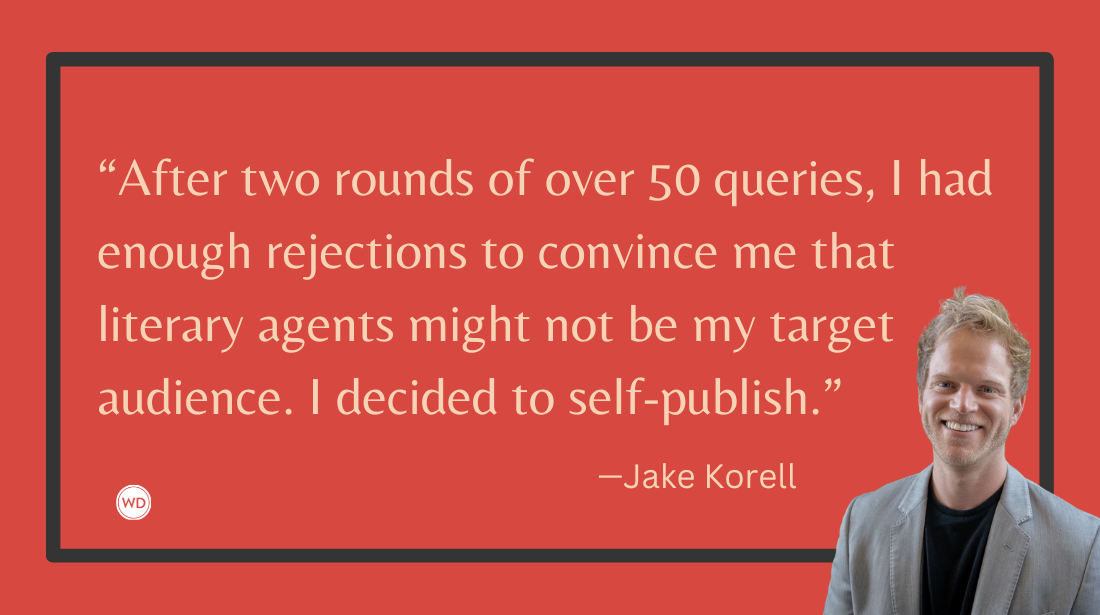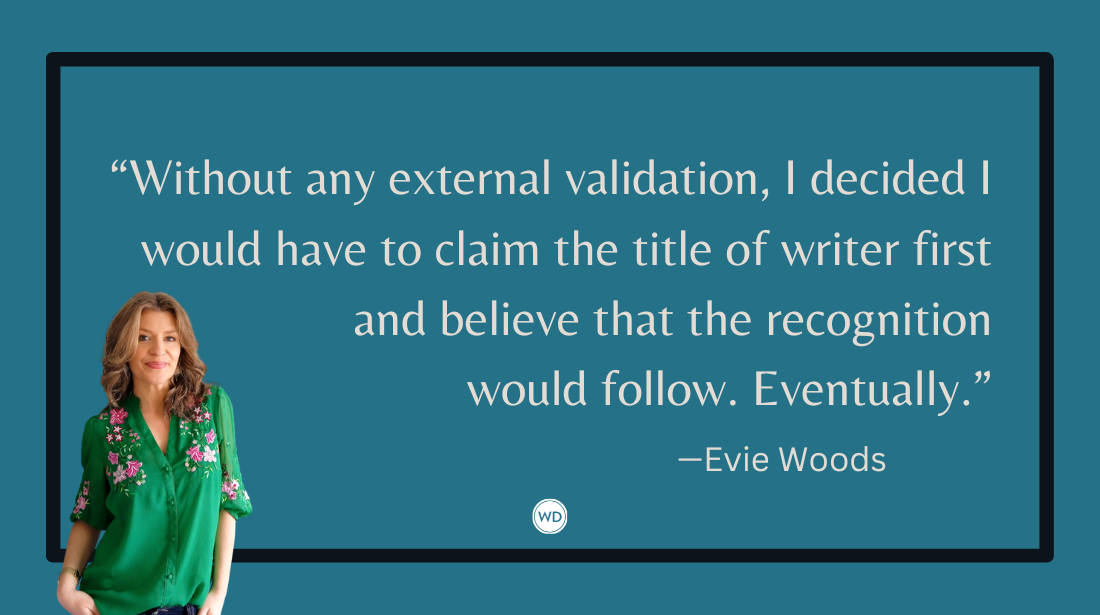How I Use ChatGPT in My Copywriting
Career freelance writer and copywriter Robert W. Bly shares how he uses ChatGPT in his copywriting and why writers should have an AI policy.
AI in general, and ChatGPT in particular, is the 800-pound gorilla in the room for writers of every ilk—and that includes copywriters. Increasingly, prospects and clients ask their copywriters: “Do you use ChatGPT to write copy?”
So my first recommendation to my fellow copywriters is to figure out your AI policy, make it plain to see for the companies you write for, and post it on your site.
Mine reads:
“ChatGPT does not write copy for me or my clients.
“It never has. And I will never allow it to do so.
“I occasionally, though not very often, turn to ChatGPT for ideas, research, and outlines.
“But I do NOT use ChatGPT—or any other AI tool—to write copy.
“Either for my client projects. Or for my own products.
“No prompting. And no ‘training’ ChatGPT to write in my (or any other) voice.
“Nor do I subcontract to other copywriters—or have ‘copy cubs,’ ghostwriters, or anyone else write copy for my clients.
“When clients hire me, I write every word of the copy myself.
“In fact, I have written all the copy—for my clients and my little info marketing business—all by my lonesome, for more than 4 decades.
“And dozens of these clients say it has worked out pretty well for them—and for me—so far”:
https://www.bly.com/newsite/Pages/testimonials.php
*****
I will probably soon add a bit more explanation of the limited ways in which I do use ChatGPT, which are:
- For web search—in addition to, but not instead of, Google.
- To come up with multiple points for either making or proving a logical argument.
- Asking for further details or clarification of things I already think, believe, or know.
- Vetting of “big idea” promotions, most often for investment advisories but also for alternative health and certain other offers.
For example, when there was talk of Iran blocking the Strait of Hormuz, a strong promotion for a stock newsletter promotion on oil occurred to me and many other writers.
With a few queries to ChatGPT, I quickly got logical and cogent arguments of how this blockage would affect global oil supply, the U.S. stock markets, energy, and prices for gasoline and heating oil—with trends, forecasts, and conclusions backed by facts and data.
Then ChatGPT asked me whether I wanted specific stocks to invest in and also which ones to sell now—which I did. In short, everything a copywriter needs to write a strong promo on the effects of the current geopolitical situation on energy stock investing. That ChatGPT came up with loads of good ideas, information, data, and proof points vetted the big idea in a positive way.
On the other hand, if ChatGPT had produced a paucity of evidence or worse, thought the idea was weak and told me so, I would have concluded that the big idea had not passed the vetting process. So the odds of a winning Strait of Hormuz oil profits opportunity and a promotion based on it would have been too thin, weak, and risky.









